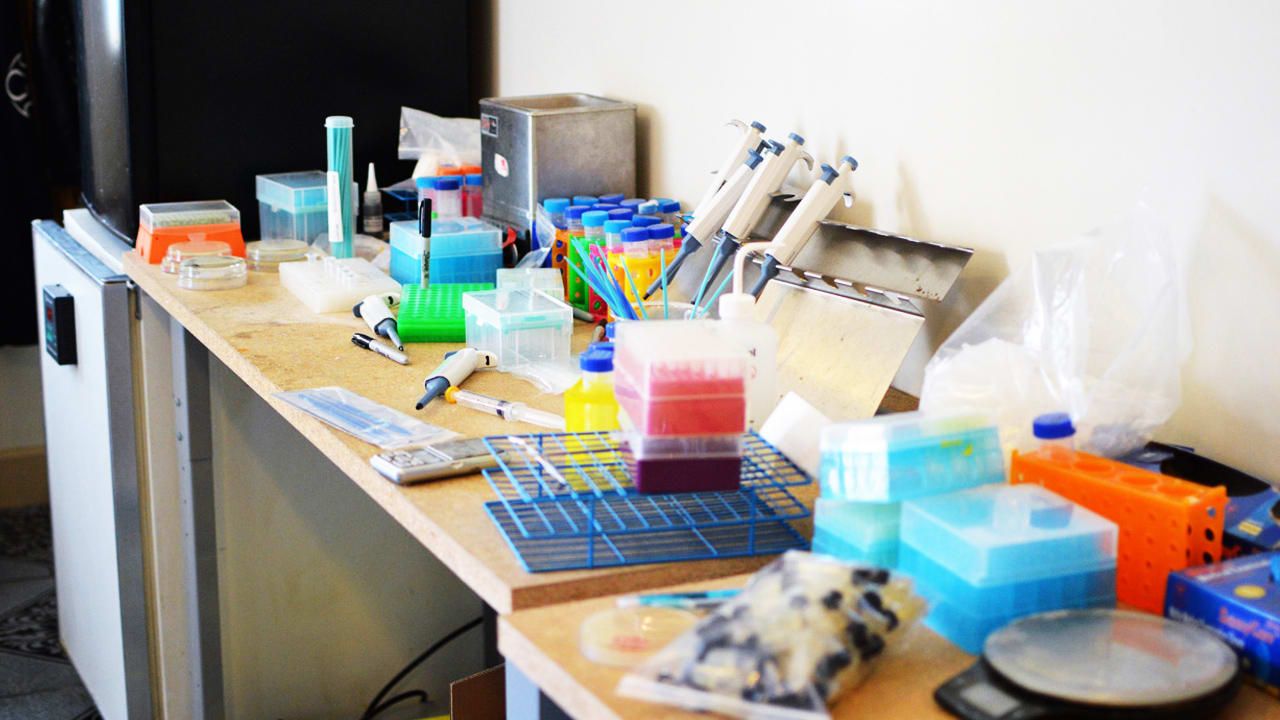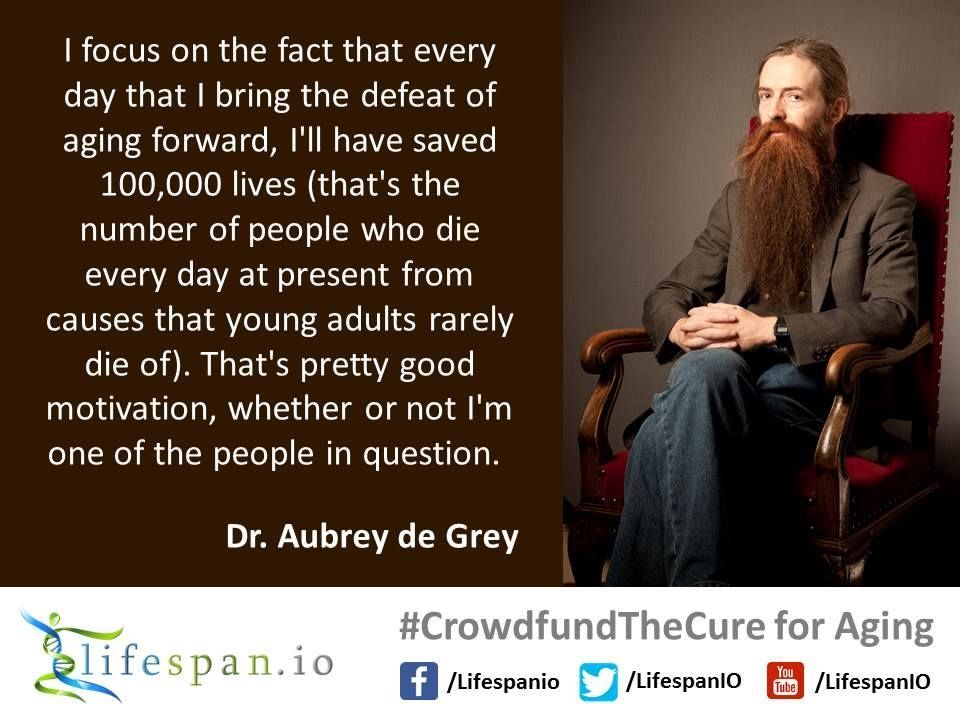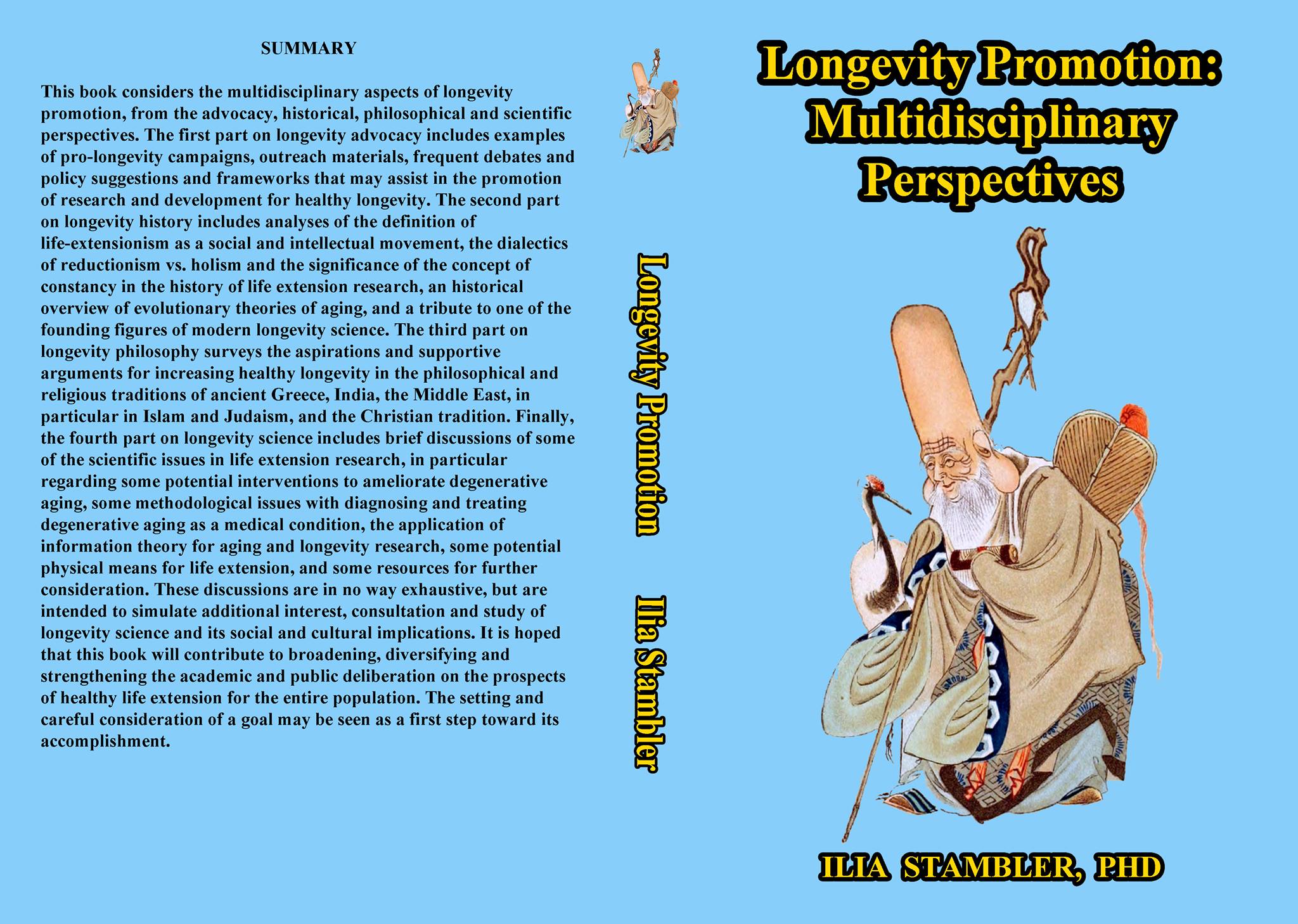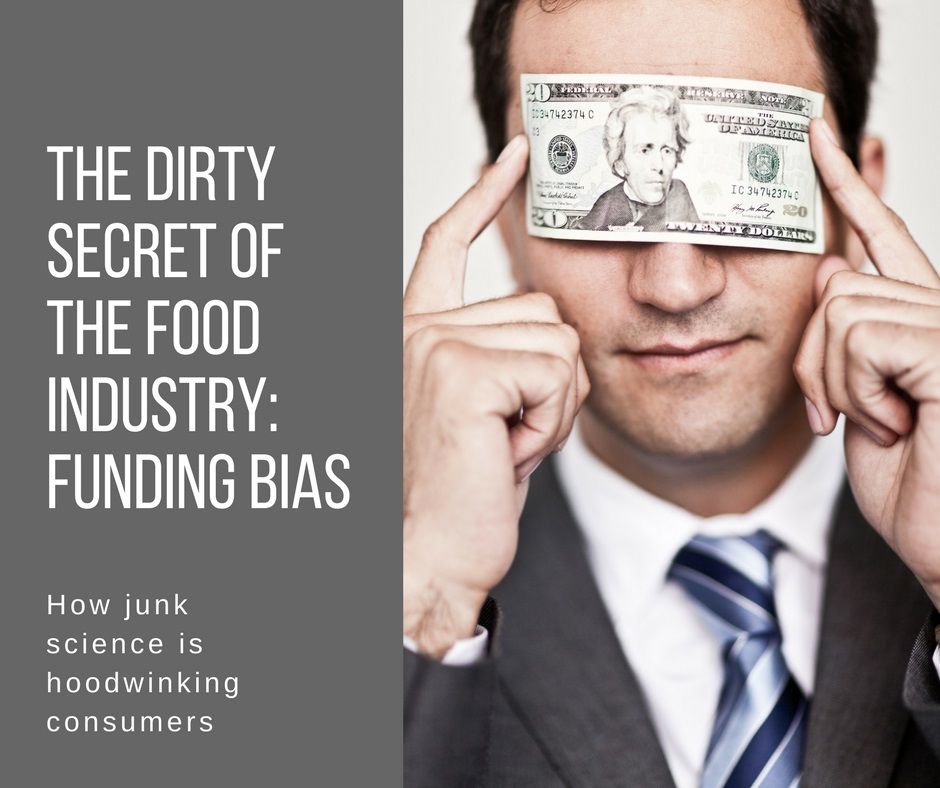Oct 12, 2017
Roundtable: Is human gene editing ethical?
Posted by Zoltan Istvan in categories: bioengineering, biotech/medical, genetics, health
I join this 30 min panel with scientists and a mother with a down syndrome child on Turkish national television to debate genetic editing. I adovcate for allowing genetic editing to improve the human race, despite fears:
Better, stronger, disease-free humans. Editing human DNA could save lives and enhance them. But should we be playing god?
Genes determine our health, looks, the way we function. They’re the ingredients for life. The idea that we could one day change them is an exciting prospect, but also an ethical minefield. As science moves closer towards gene editing, the concern is that it could go too far and even create a new elite group of enhanced humans.
Continue reading “Roundtable: Is human gene editing ethical?” »


















